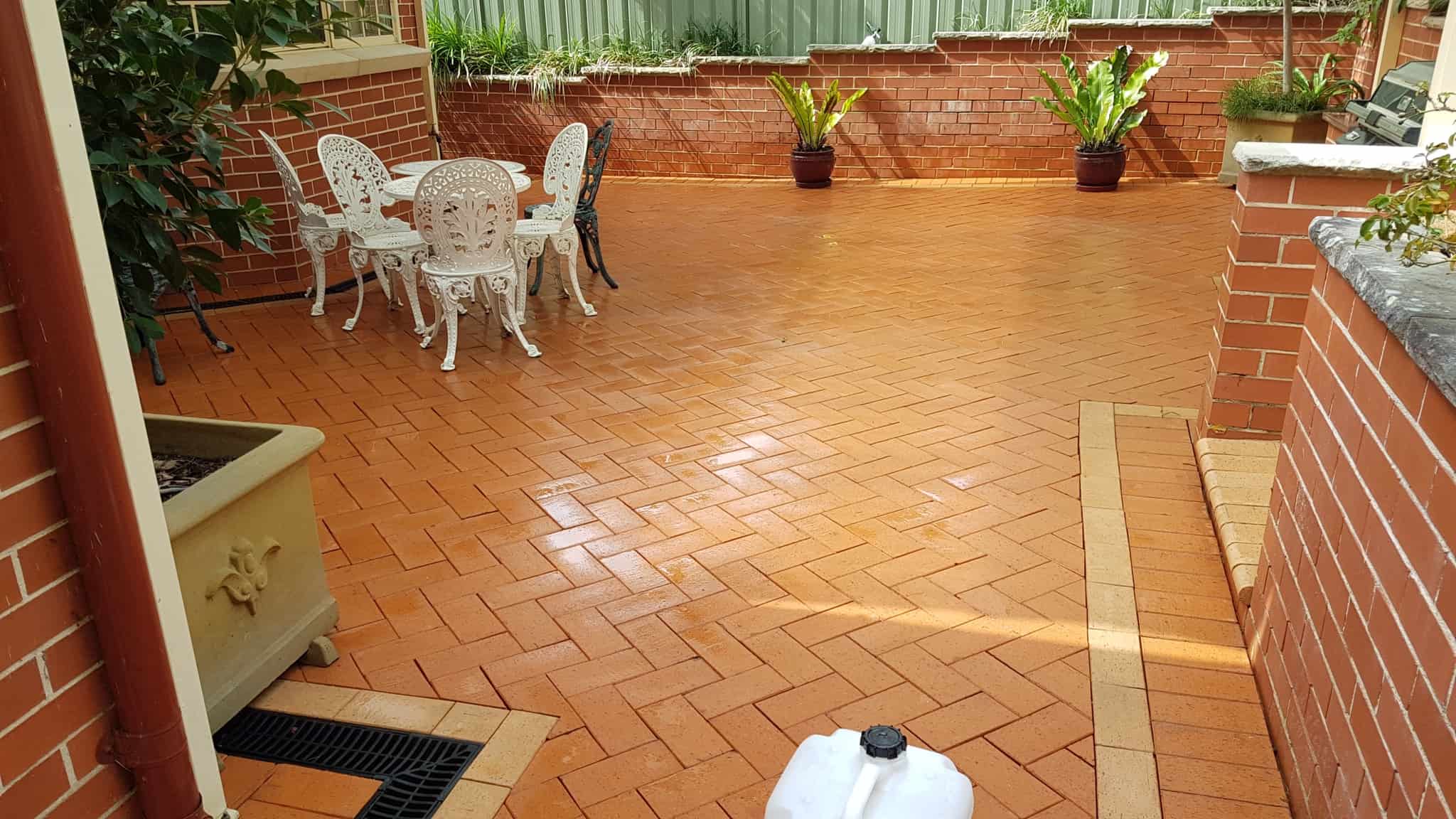Paver sealer can be an essential maintenance tool for keeping patios, walkways and driveways looking new. You should not apply paver sealer too often. This could cause a haze.
Concrete pavers are a valuable part of urban landscapes today. They can be placed around the pool, along a private pathway or in front of the house. This is a great way to give your property a unique look. They are durable and can be kept in good condition for a lifetime.
There are many poor paver sealing products available on the market. It doesn’t matter if you bought it in a big-box store or if it’s a well-known brand. A brand’s ability to excel in one product category (such as paint) does not mean that they are the best at another.
Pavers are the best choice for flooring in hardscape design. How much does it cost for pavers to be sealed and cleaned? It can be difficult to clean pavers. It all depends on how clean you want to be. You can do a simple clean on a weekly basis without major problems.
First things first. We’ll start with the basics. Knowing the differences between paver sealers on the market will help you succeed in your next sealing job. This section will give you an overview of the different types of sealers and help you make informed product choices for any project. Even if you are a pro at sealing, it never hurts to refresh your knowledge.
Different types of Paver Sealant
Paver coating and sealing are done by using a chemical to seal the pavers with a protective coating. Depending on what type of pavers were installed, there are many types of sealants that you can choose from.
Film-forming (glossy or semi-gloss finish).
Film-forming paver sealers offer greater protection by creating a physical barrier over the paver. Semi-gloss, gloss, or satin-forming sealers can be applied more often. The film-forming paver sealing agent protects the paver’s top surface. They provide protection and coverage, even though they need to be reapplied frequently.
Non-film-forming (matte finish).
The non-film-forming paver sealers provide substantial protection and last longer than their film-forming counterparts. After curing, non-film-forming paver sealers leave behind a matte but not gloss finish. They provide longer lasting protection than their film-forming counterparts. It gives pavers a natural appearance.
You need to clean pavers before sealing. There are several steps you should follow in order to get rid of all dirt and debris. The method you use will depend on the type of dirt that you are trying to remove. You can sweep most dust residues off the surface using a broom. This method won’t work if you are trying to remove weeds, mold, or moss.
All obstructions must be removed: Make sure your pavers are free from any outdoor furniture, potted plants or other obstacles that could hinder the process of cleaning. To prevent damage to the plants and grass, you should cover them with a tarp.
Make sure the pavers are wet before you apply any cleaning product. Grab a garden hose and a large bucket of water to soak the pavers in water.
Start at the edges with the paver sealer. The final look you want and the level of stain resistance you need will determine the sealer you choose for pavers, bricks, and other types of sand-set pavement materials. After concrete pavers are made, allow them to dry for 14 days. Follow the manufacturer’s instructions before sealing them. Once you are ready to apply the paver sealer, you will need to first apply it to the edges with a small, clean brush. Then, you can cover the entire surface. You can also apply the sealer to any nooks or crannies the roller brush might not reach.
Gently scrub the pavers with a stiff-bristled scrubbrush or push broom. Avoid using a wire bristle brush, scouring pad or scouring cloth as these can scratch pavers and cause damage to any sealants.
Last Thoughts
While cleaning pavers is important it is not enough. Sealant protects them against further wear. Pavers need to be protected from damage by natural elements like UV. Rain and other environmental factors can also cause mold growth. These and other natural problems can cause pavers to become worn over time. Paver sealer will prevent them from looking old and damaged.


Comments are closed